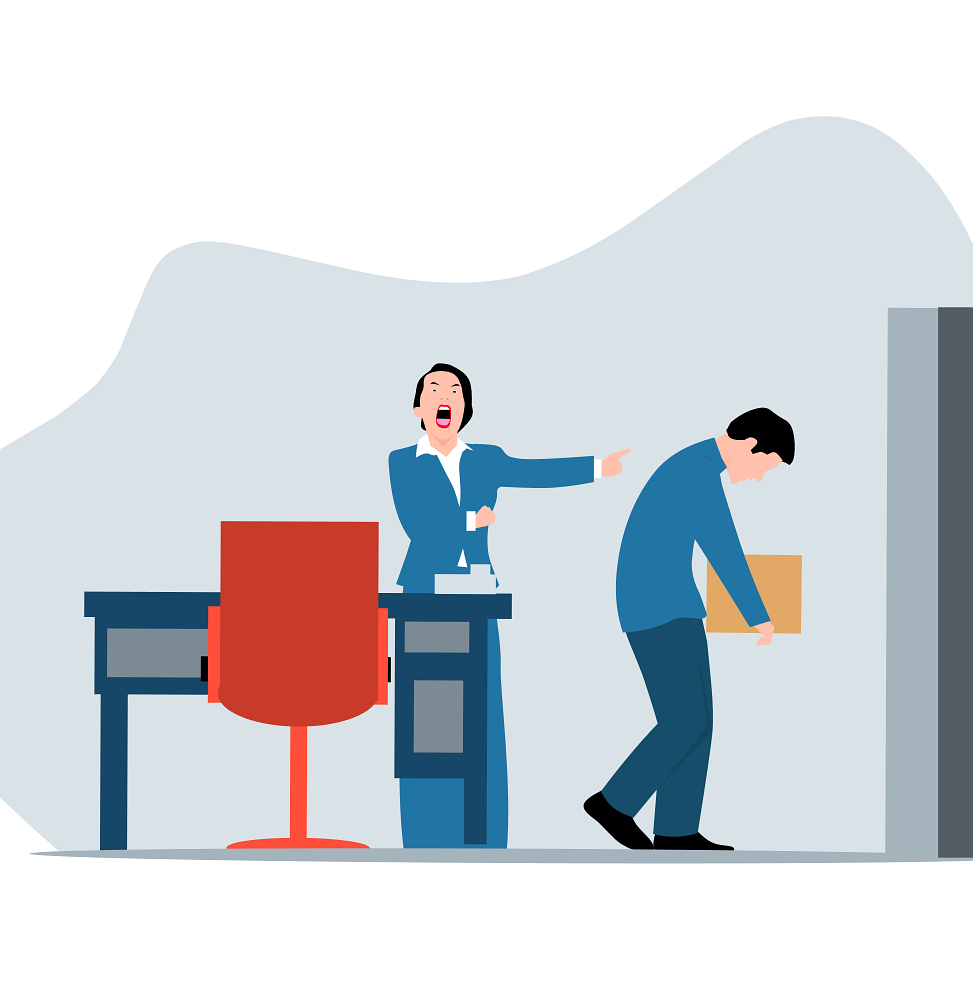First they came for the factory workers. Then the drivers. Then the writers. Now they’re coming for doctors, lawyers, and CEOs. The job apocalypse isn’t coming—it’s already here.
I keep hearing people say “Don’t worry, new jobs will be created like always.” But here’s the thing: every previous technological revolution automated our hands and backs. AI is automating our brains.
When the printing press was invented, scribes lost their jobs but new publishing roles emerged. When computers arrived, typists disappeared but programmers were born. But what happens when AI can program better than programmers?
This Time Is Different
Previous technological revolutions created new jobs faster than they destroyed old ones, but AI is different because it targets cognitive work, not just physical labor.
The acceleration is exponential—AI capabilities are doubling every few months, while human skills remain static, creating an impossible gap to bridge. Unlike past automation that required expensive hardware, AI software can be deployed instantly across millions of jobs simultaneously.
Last week, I watched an AI system diagnose a rare disease that three human doctors missed. The patient’s life was saved by a machine that analyzed thousands of medical papers in seconds and spotted a pattern no human could see.
The Cognitive Takeover
We told ourselves that creative and intellectual work was safe. We were wrong. AI isn’t just matching human intelligence—it’s surpassing it in every field we thought made us irreplaceable.
Lawyers are being outperformed by AI legal research. Therapists by AI counselors that never get tired or emotionally overwhelmed. Even CEOs by AI systems that can analyze markets and make strategic decisions faster than any human board.
A friend of mine spent two years learning to code. An AI system I tested last month learned the same skills in two hours and is now writing cleaner code than he ever could. How do you compete with that?
The Speed Problem
Here’s what really keeps me up at night: the speed differential. While you’re sleeping 8 hours, AI is working. While you’re on vacation, AI is improving. While you’re learning a new skill over months, AI is mastering dozens of skills in days.
AI can work 24/7 without breaks, vacation time, sick days, or the need for sleep, making it economically superior to human labor regardless of skill level. This speed advantage compounds over time, as AI systems improve themselves faster than humans can adapt.
Businesses can scale AI workers instantly without hiring, training, or managing human employees, eliminating most of the friction in economic growth.
The Cost Collapse
AI workers don’t require salaries, benefits, workplace safety, or legal protections, making their cost approach zero while human labor costs remain fixed.
The cost collapse makes human workers economically irrational for businesses to employ, regardless of social considerations or worker preferences. Even highly skilled professionals become too expensive compared to AI alternatives that work for the cost of electricity.
We’re heading toward a world where a handful of AI owners generate all the wealth while everyone else becomes irrelevant to the economic system. It’s not just unemployment—it’s economic exile.
Why Fighting It Won’t Work
Some people say we should slow down AI development or regulate it away. But here’s the brutal truth: if one country bans AI, another country will embrace it and dominate economically. If one company refuses to use AI, their competitors will use it and drive them out of business.
The genie is out of the bottle. Attempts to slow AI adoption fail because competitive pressure forces businesses to adopt AI or be eliminated by competitors who do.
Labor unions and worker protections become powerless against technology that makes human labor genuinely unnecessary rather than just less profitable.
The Mass Displacement
The displacement happens faster than new industries can emerge because AI can immediately dominate any new field humans try to create. Traditional safety nets like unemployment insurance become inadequate when facing permanent rather than temporary job displacement.
Mass displacement creates social instability as the majority of the population becomes economically unnecessary for the first time in human history. This affects middle and upper classes more severely than previous disruptions, destabilizing the social groups that typically drive stability.
What Can We Actually Do?
The job apocalypse is the most radical economic transformation in human history, requiring completely new thinking about work, value, and survival.
Short term: Learn skills that complement AI rather than compete with it. Focus on uniquely human qualities like emotional intelligence, complex relationship management, and creative problem-solving that requires human context.
Long term: We need radical solutions. Universal Basic Income isn’t just a nice idea anymore—it’s economic necessity. We need to restructure society around post-scarcity abundance rather than job-based survival.
The Survival Strategy
Human survival requires completely reimagining economic systems around post-scarcity abundance rather than labor-based value creation. Possible strategies include universal basic income, AI dividend systems, or cooperative ownership of AI systems by entire populations.
Success depends on preparing for post-human economics before the job apocalypse makes traditional economic thinking obsolete.
The Uncomfortable Truth
We’re not just losing jobs—we’re losing the entire concept of human economic necessity. For the first time in history, technology doesn’t need us at all.
The question isn’t whether AI will take your job. The question is: what will you do with your life when you don’t need a job to survive?
What This Means for You
Maybe being freed from the necessity of work isn’t the end of human purpose—maybe it’s the beginning of human flourishing in ways we’ve never imagined.
The future is coming whether we’re ready or not. Let’s at least see it clearly and prepare for a world where human value isn’t tied to economic productivity.
What job do you think will be the last to be automated? How should society prepare for mass unemployment?
Share this with someone who needs to understand what’s coming for the job market.
